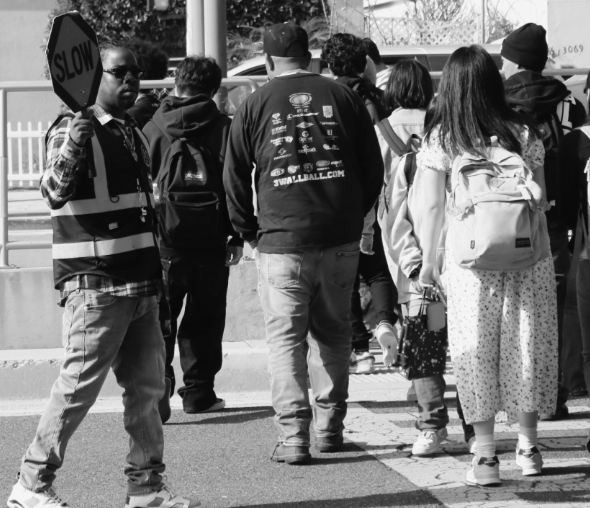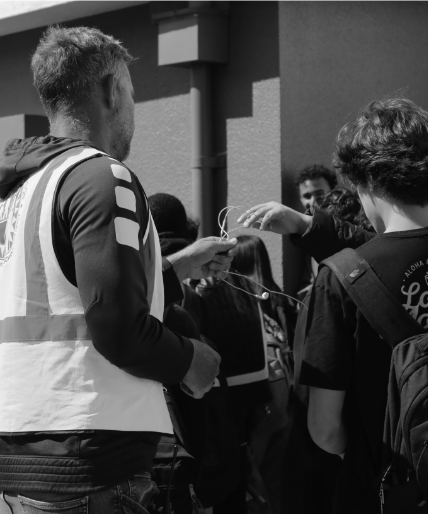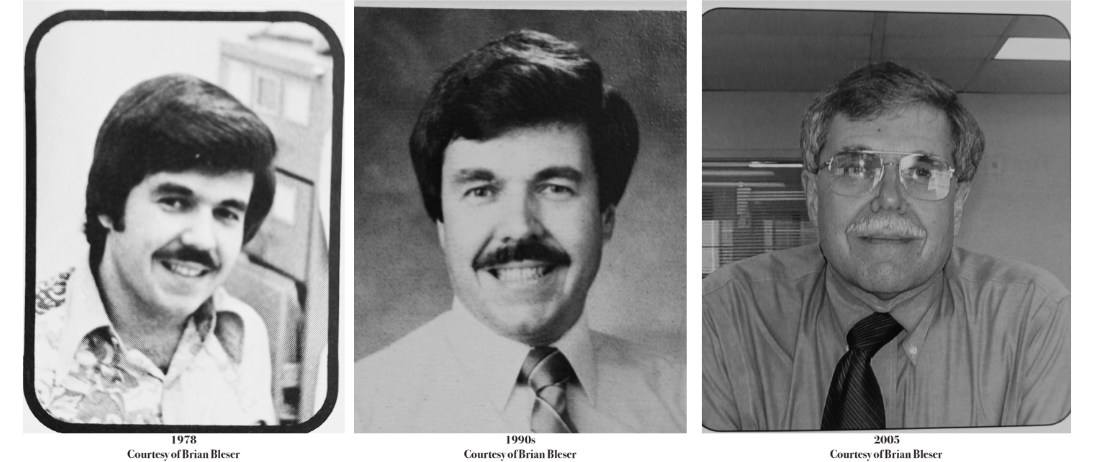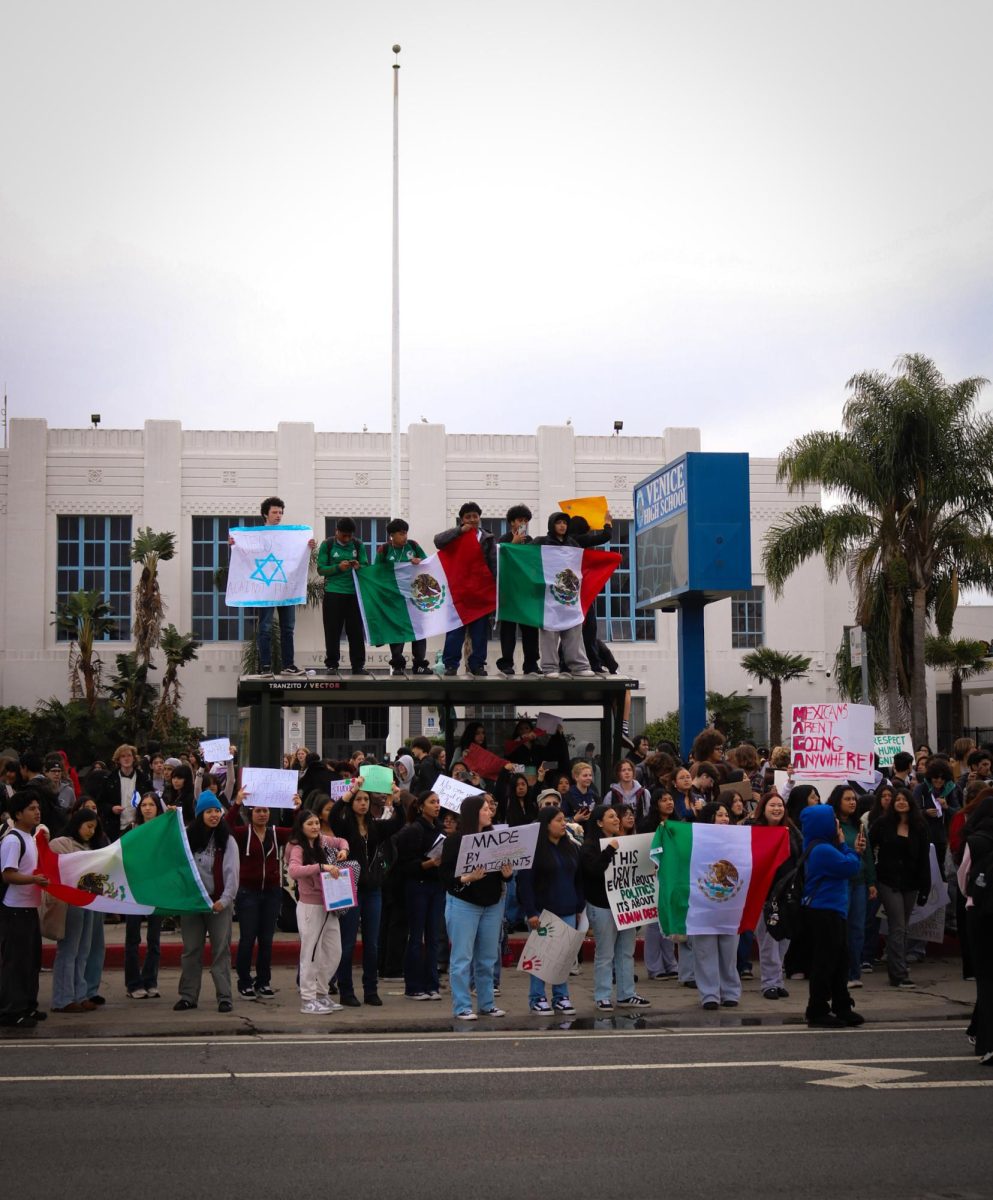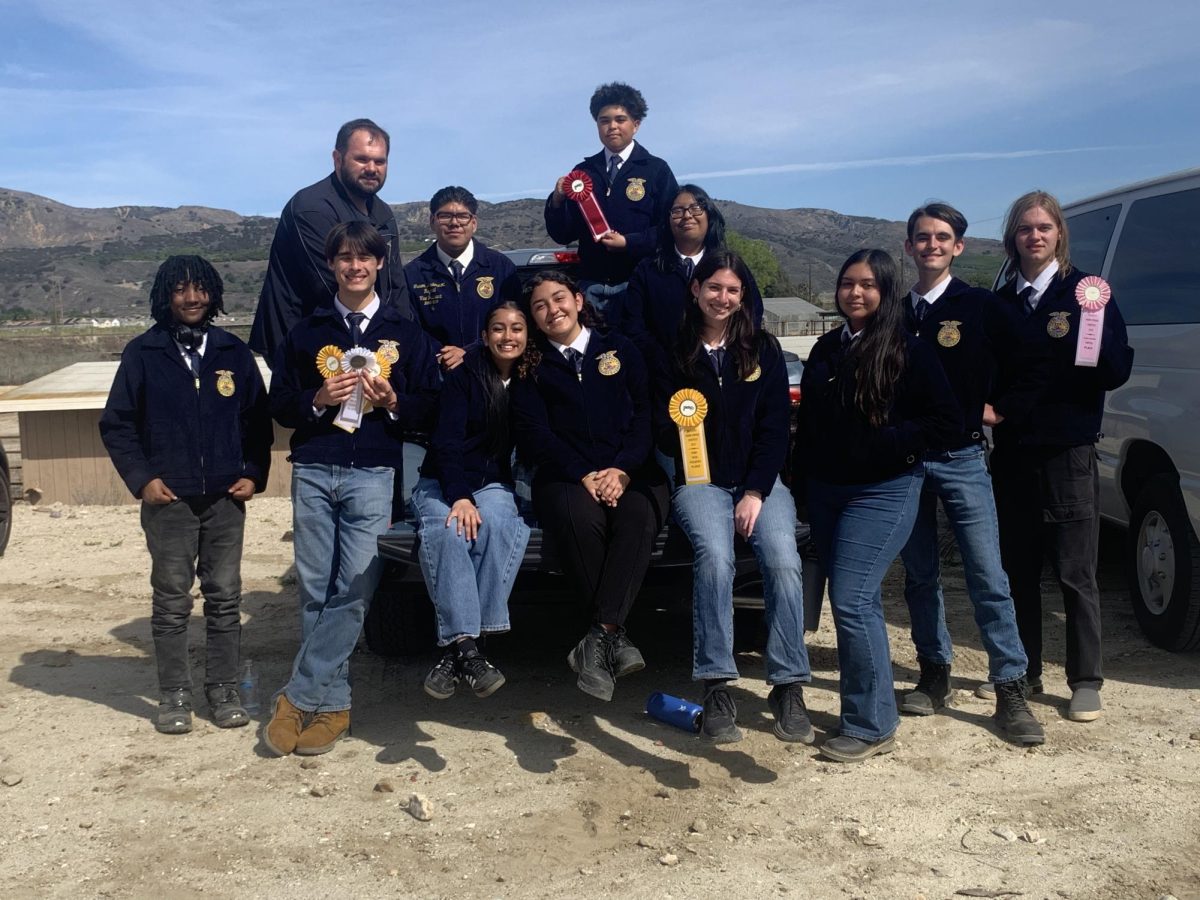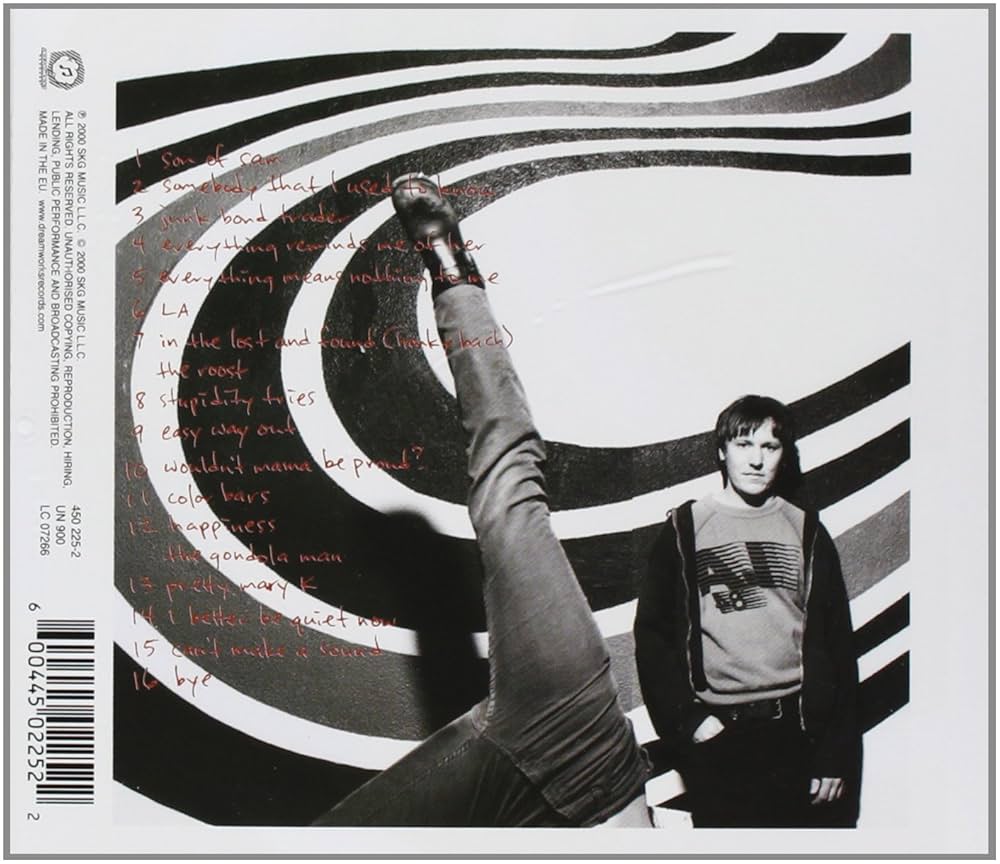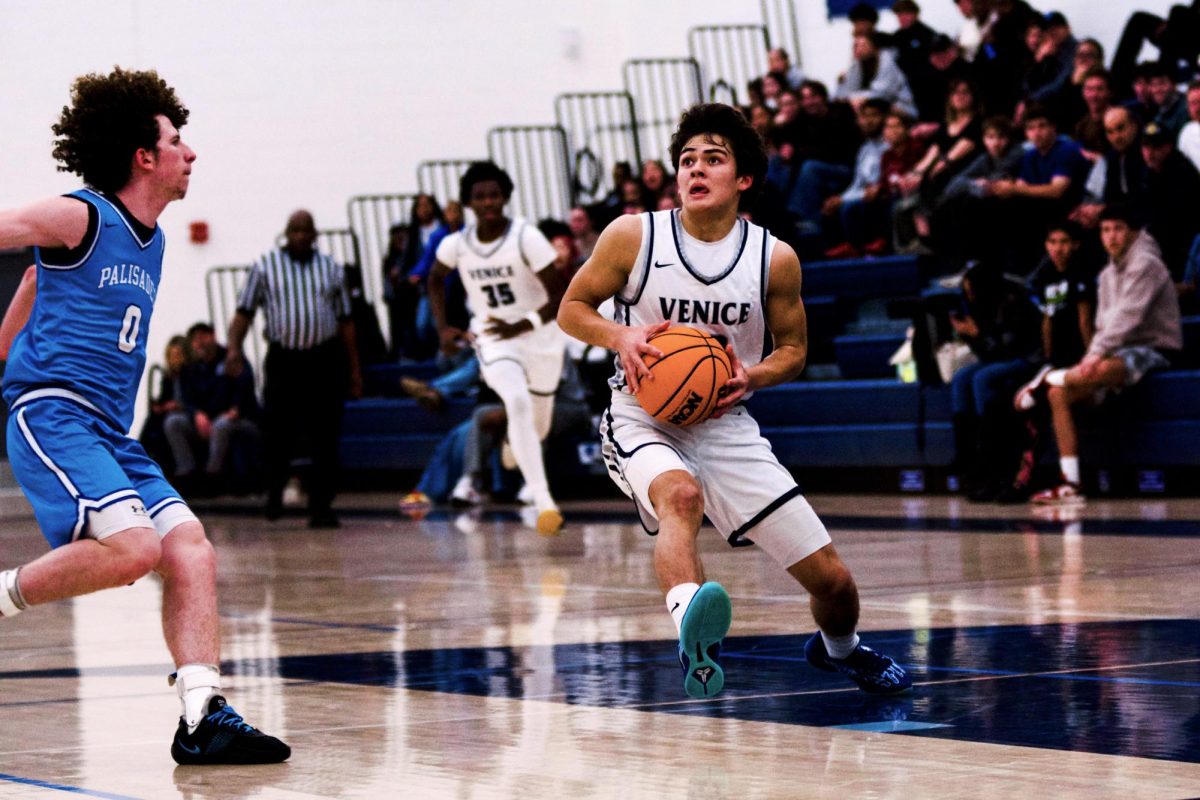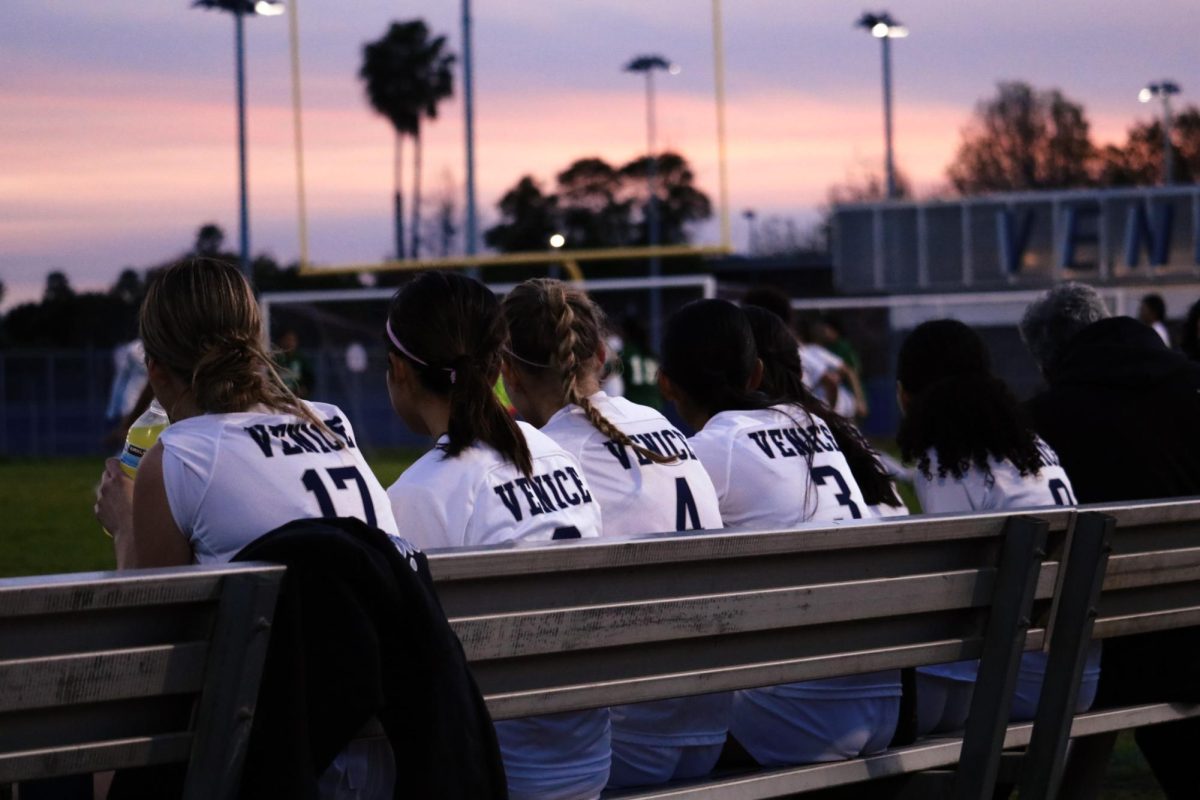A proposed phone policy may shape Venice’s current instructional environment.
The Phone Free-er Campus Policy, drafted by Venice High School’s Phone Free-er Focus Group, is proposed to take effect March 1 and would restrict cell phone usage during class time and passing periods.
The expectation would be that students keep their cell phones, headphones, and smartwatch in their lockers or backpacks. However, phone usage during nutrition and lunch would be permitted.
The Phone Free-er Focus Group is made up of teachers concerned about cell phone’s effect on students and staff, according to Biology teacher Julia Bare, who belongs to the committee.
Bare said that the goals of the group are not just focused on taking people’s cell phones.
“The purpose of the group is to work to increase the sense of community on campus and to increase student, teacher, and staff mental health,” she said. “We’ve been trying to figure out how we can support students best and how we can encourage our students to not feel quite so trapped by their phones.”
English teacher Hazel Kight-Witham, another member of the focus group, already employs a no cell phone policy in her classroom. She has many posters promoting a “phone-free” environment on the walls and has been sharing content related to “phone-free campuses.”
According to Kight-Witham, the goal is “to really support student connection.” She said that teachers should be reminding students to put their phones away.
Early intervention steps would include reminders and students putting phones in brown paper bags provided by administrators.
Afterwards, there is a tiered system of repressions attached to the proposed policy. According to the Schoolwide Cell Phone Policy, if a student commits a second infraction, the teacher has the responsibility to call home and log the incident. If infractions continue, additional intervention steps may include administration calling home, keeping the phone for the day, and participating in a school day intervention to determine the reasons behind the cell phone use.
Kight-Witham emphasized that all of these consequences and rules are just drafts developed by the Phone Freer Focus Group.
According to Kight-Witham, this phone policy has been a conversation around Venice since spring of last year, but had gotten delayed due to shifts in administrators.
Principal Yavonka Hairston-Truitt said that she wants to make sure everyone is aware of the potential for a policy before they enact it to ensure all students are prepared for this big change.
According to Hairston-Truitt, Venice is not creating a new policy. Instead, it is trying to adhere more to LAUSD’s district policy on cell phones.
The draft of Venice’s policy that went out to staff members includes LAUSD’s policy on phones and other electronics. It says that “it is the policy of LAUSD to prohibit the use of cellular phones by students on campus” during school hours, excluding lunch and nutrition.
Though the policies state that during lunch and nutrition students may use their phones, it is up to the School Site Council to determine this.
“Our biggest goal is to try to create a sense of equitability and consistency with our cell phone policy,” said Hairston-Truitt.
Surveys have been sent out to students, parents, and staff about the potential policy. The survey asked about screen time, connectedness to peers, and preferences for a policy at Venice.
According to Hairston-Truitt last Friday, around 440 students completed the student survey, and around 34.2% said that they spent four to six hours a day on their phone.
Hairston-Truitt said that Venice has the potential to be a role-model for other schools in the district.
“A lot of schools in the district are looking towards us to see if we can model an effective cell phone policy,” said Hairston-Truitt. “This is an opportunity for us to be the leaders here.”
For more developments on the story, go to veniceoarsman.com.

